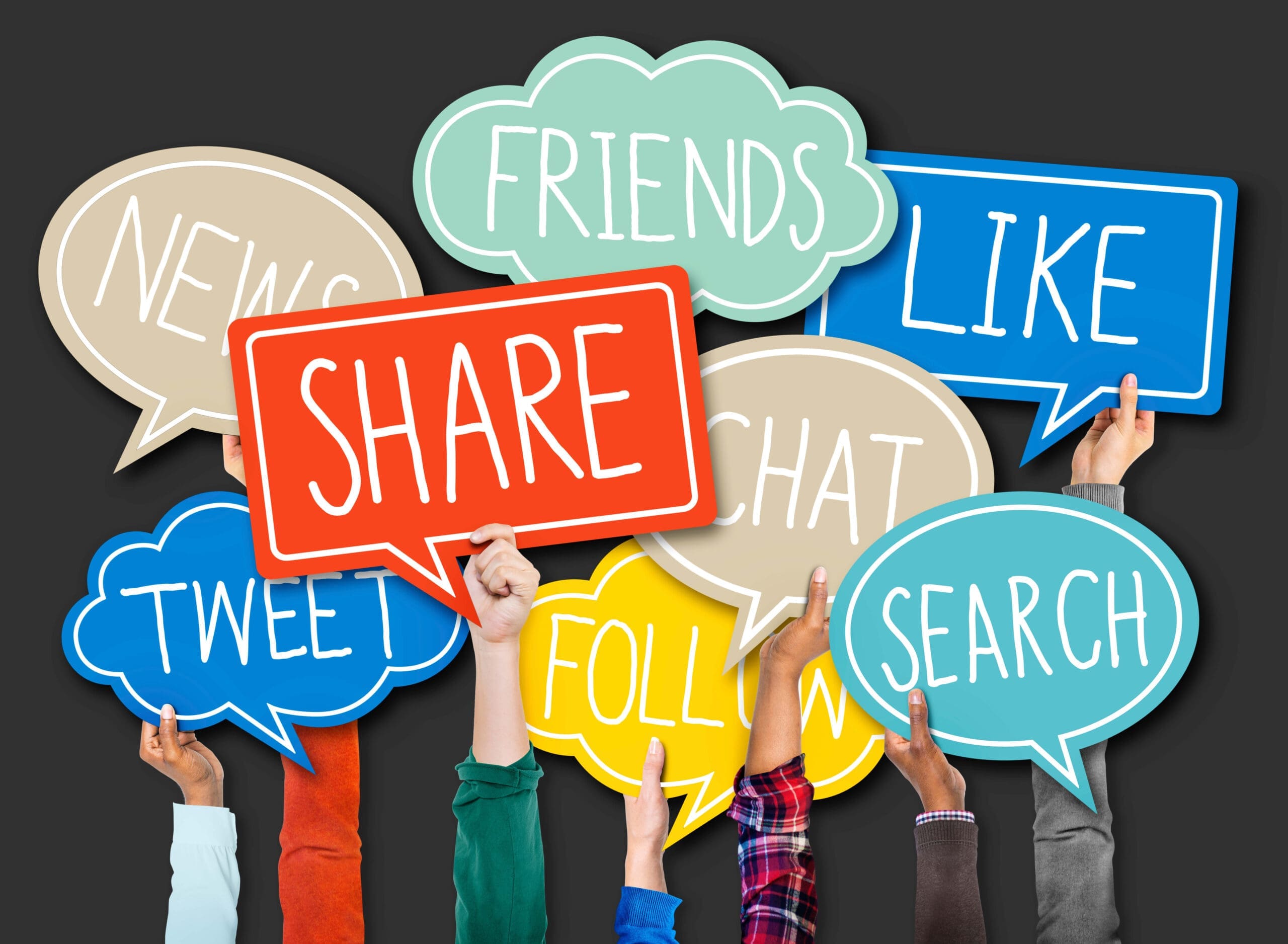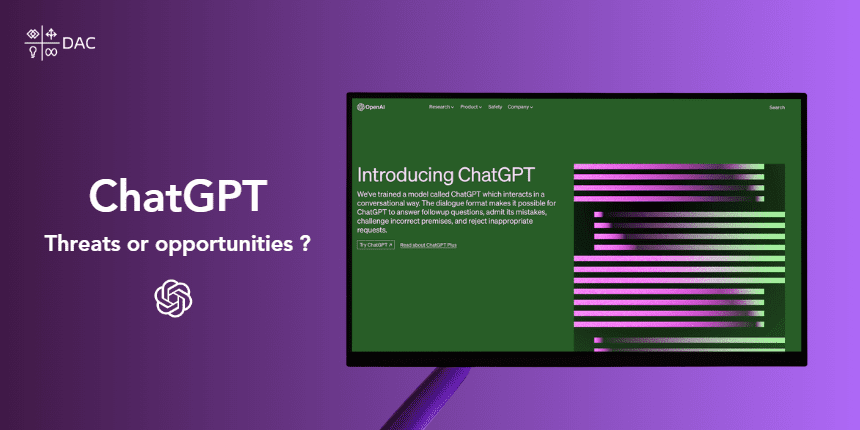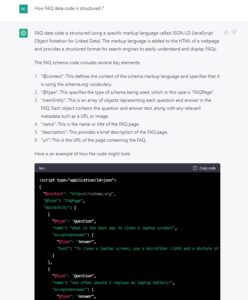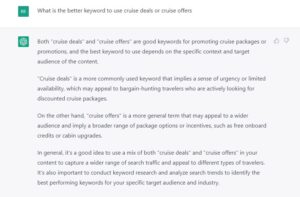
 Chatgpt-threats-opportunities-and-a...
Chatgpt-threats-opportunities-and-a... 
If you have read any of your favorite digital marketing blogs regarding 2023 plans, predictions, and what to watch out for, we guarantee that AI (Artificial Intelligence) was on the list.
ChatGPT 3.0 by OpenAI was released November 30, 2022 and less than two months later it had certainly made waves across the digital marketing industry, SEO community, and even into the educational realm. According to the AP, the New York City school system blocked this controversal writing tool and issued warnings about its use. But why? Let’s take a closer look at “the most profound technological development since the internet itself” (in the words of our intrepid podcast hosts!).
What, exactly, is ChatGPT?
ChatGPT (Generative Pre-trained Transformer) is a natural language processing tool driven by AI and data and built on the Transformer network that Google invented and open-sourced in 2017. Users interact with it in a conversational way by asking it “things”. Anyone can create a free account, right now, and access ChatGPT by visiting chat.openai.com.
We ran a poll across Twitter, LinkedIn, and Mastodon asking users if they are actively using ChatGPT. Surprisingly, out of the 25 responses, 52% said they are already actively using ChatGPT.

Many people over the past month, myself included, have been testing the application to see what it can and can’t do. Warning – you can have a very unproductive day having a “chat” with this tool asking it all sorts of questions…do aliens exists? Is there a God? And on and on.
It’s an incredibly powerful tool which you can ask/tell to write and fix code, help on Excel formulas, or even compose a ’90s-style rap songs about SEO. You’re welcome!

ChatGPT can also write content/blog posts/essays, which is why the NYC school system is already blocking it. You can literally ask ChatGPT to write about any topic and it will almost certainly pump out a very well-written piece of content.

What’s interesting is that if two different users ask it the same exact query, ChatGPT will produce two unique pieces of content.
What can’t ChatGPT do?
ChatGPT is a powerful tool that can be used for many things—if used correctly. Human interaction with the “content” created is still needed.
-
ChatGPT is not connected to the internet
As of today, users are not able to get things like directions to places or find things “near me”. You can’t get real-time information relating to current events, the weather, etc. (If we learned anything from Marvel’s Avengers: Age of Ultron, .maybe we should keep it that way?)
-
There are no hyperlinks, references, or imagery
ChatGPT’s output is text-based and does not include any references. In response to some queries, ChatGPT will tell you where to get more information, but there is no hyperlink to take you there. Ultimately, users don’t know where OpenAI is getting the data to answer queries and generate responses.
-
Data only goes back to 2021
If something significant has changed in your topic after 2021, there’s a good chance ChatGPT’s output will be outdated and inaccurate.
-
Information accuracy still an issue
We tested some conspiracy theories and thankfully ChatGPT refrained from parroting misinformation: The Earth is indeed spherical, we did land on the moon, and Joe Biden is President of the United States! As you can see in the example below, ChatGPT answers the question correctly, then explains why people may disagree, then supports the correct answer with real evidence—but still no links or references.
-
There are no refinement possibilities
At present, ChatGPT declines to ask any clarifying follow-up questions. Think of the way Google pre-populates as you type in the search bar, or appends “Did you really mean…” or even “People also ask…” to related searches. In fairness, though, ChatGPT does remember what users say earlier in the conversation, allowing them to provide follow-up details, corrections, and requests.
Is ChatGPT a threat to Google?
The short answer is that it depends on your perspective, but not really—at least for right now. Currently, use cases are different between the two systems. With some of the limitations listed above, ChatGPT is not going to be replacing Google as a search engine or source of accurate, real-time information. Google will continue to enjoy the lion’s share of the search market, but what percentage of those easy answers to simple questions will Google lose to ChatGPT? While the search giant is working on its own AI technology, LaMDA, it is not integrated into Google Search yet.
Google should be more concerned that Microsoft is planning to invest $10 Billion in OpenAI with a view to integrating ChatGPT into Microsoft Bing and other Microsoft Office products as early as Spring 2023. A ChatGPT-powered Bing would pose more of a risk to Google, but it remains to be seen how exactly it would work. In the meantime, check out Kevin Indig’s blog post about upcoming Google challengers that offer AI-powered search.
Most pressingly, AI-generated content is currently against Google’s Webmaster Guidelines. Google’s John Mueller has been directly quoted several times in the past saying that AI content can warrant manual actions or penalties if detected. Google has also recently started updating its Quality Rater Guidelines, adding another “E” to E-A-T—which now stands for Experience, Expert, Authoritative, Trustworthy—and is beginning to factor this into ranking algorithm updates, starting with the recent “Helpful Content” update.
John Mueller has subsequently stated that Google’s stance on AI generated content might change in the future, but that at present machine-generated content does not meet Google’s standards. As always, the search giant is keen to steer clear of content created for the sole purpose of ranking in Search—regardless of whether a human or machine wrote it.
In closing
After just a handful of sessions experimenting with ChatGPT, its potential is something to behold. It could even have written this very blog post… almost.
But human intervention is still required. ChatGPT does not spell the end for Google, content creators, or SEO as a whole. Digital Marketers and search specialists should not consider ChatGPT a threat, but a tool that could help them in some pretty powerful and useful ways:
-
Generate structured data code for FAQs (with the ability to even copy the code!)

-
Fix Excel Formulas or broken HTML code

-
Resource for content on a topic

-
Keywords variations

Yes, ChatGPT could write an article for you, or produce page titles and meta descriptions. Although human intervention is still a necessity, it’s becoming ever more difficult to distinguish AI-generated content from the real deal.

